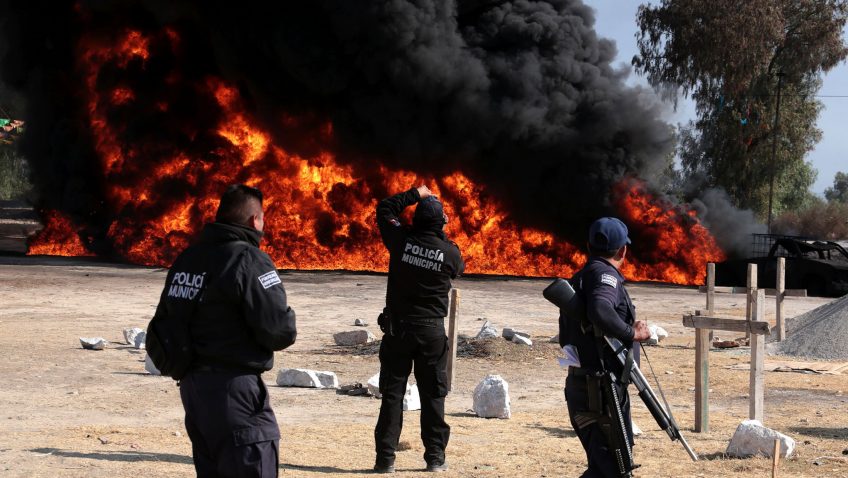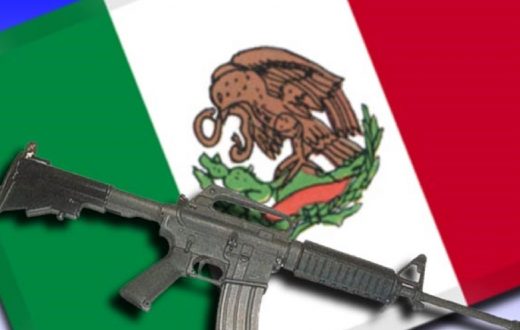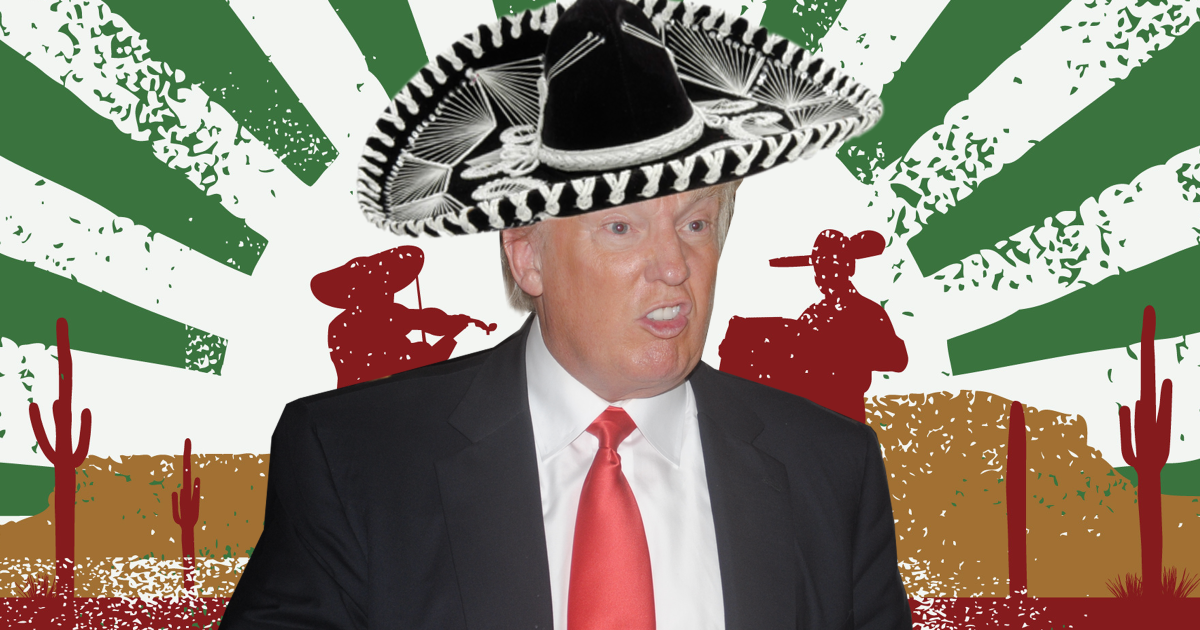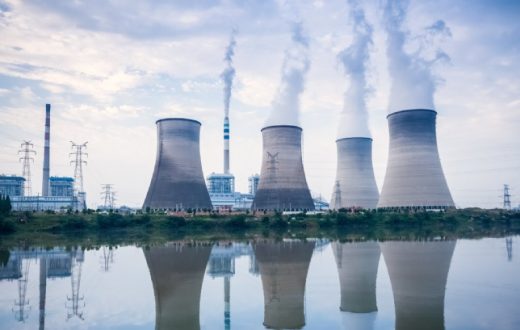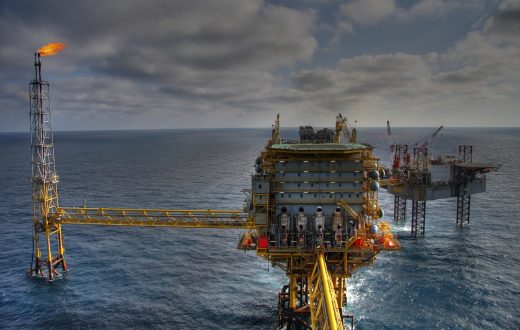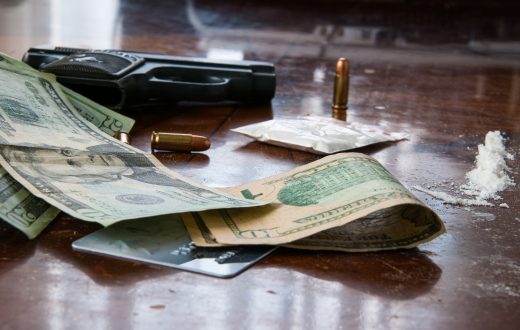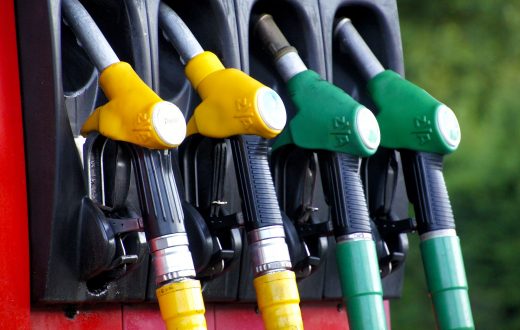Ever since Andrés Manuel López Obrador became president, he has emphasized his promise compromise to fight and end corruption as well as organized crime in the country. “Huachicoleo” or fuel theft remains a common illicit activity. States such as Puebla and Guanajuato are known for having a high number of people taking part in these outlawed practices. Fuel theft generally involves the participation of entire communities and sporadically, members of the military, police, businessmen, mayors or Pemex (Mexican state-owned petroleum company) workers. According to official data, fuel theft causes the state a loss of 60 million pesos a year, about US $ 3 million. Besides, the theft and illegal sale of fuel has become the second most profitable business for drug cartels after drug exportation to the United States.
The Mexican president launched his plan to halt huachicoleo by closing four of the thirteen pipelines from Pemex to avoid theft. This entailed an interruption in the supply to dozens of cities in the states of Mexico, Guanajuato, Puebla, Aguascalientes, Michoacán, Qurétaro, Jalisco and Tamaulipas. As an alternative to direct supply, fuel trucks guarded by the army and the navy are being sent to the distribution centers. Yet, the demand and supply ratios remain unequal. Mexico City is feeling the backlash of these measures. Its inhabitants continue to buy up all the available gas in a panic wave, as an increasing number of stations across the city continue to report that they have run out of their fuel supplies. Yet, the authorities continue to reiterate that there exists enough supply for the entire metropolitan area. In the capital itself, on the night of January 7th there were car lines with a length of two kilometers waiting outside stations to fill their tank. This panic wave also provoked quarrels among clients in some stations.
Overall, the president’s take on the problem is not completely wrong. Certainly, sooner or later the government has to handle the “huachicoleros” (fuel thieves) problem. However, sending trucks with fuel to supply gas stations is a rather rushed and short term solution, since this is causing fuel shortage and is slowing the economic activity in the country. To be able solve this issue, the state should draw lessons from countries like Colombia, who had to deal with similar problems. Furthermore, the government will need to develop strong institutions that are able to fight impunity and process individuals found guilty of fuel theft. Not having a strong judiciary system implies that criminals are inclined to remain within the framework of illegality by turning towards other felonious activities and thus, the problem would only be solved partially.

